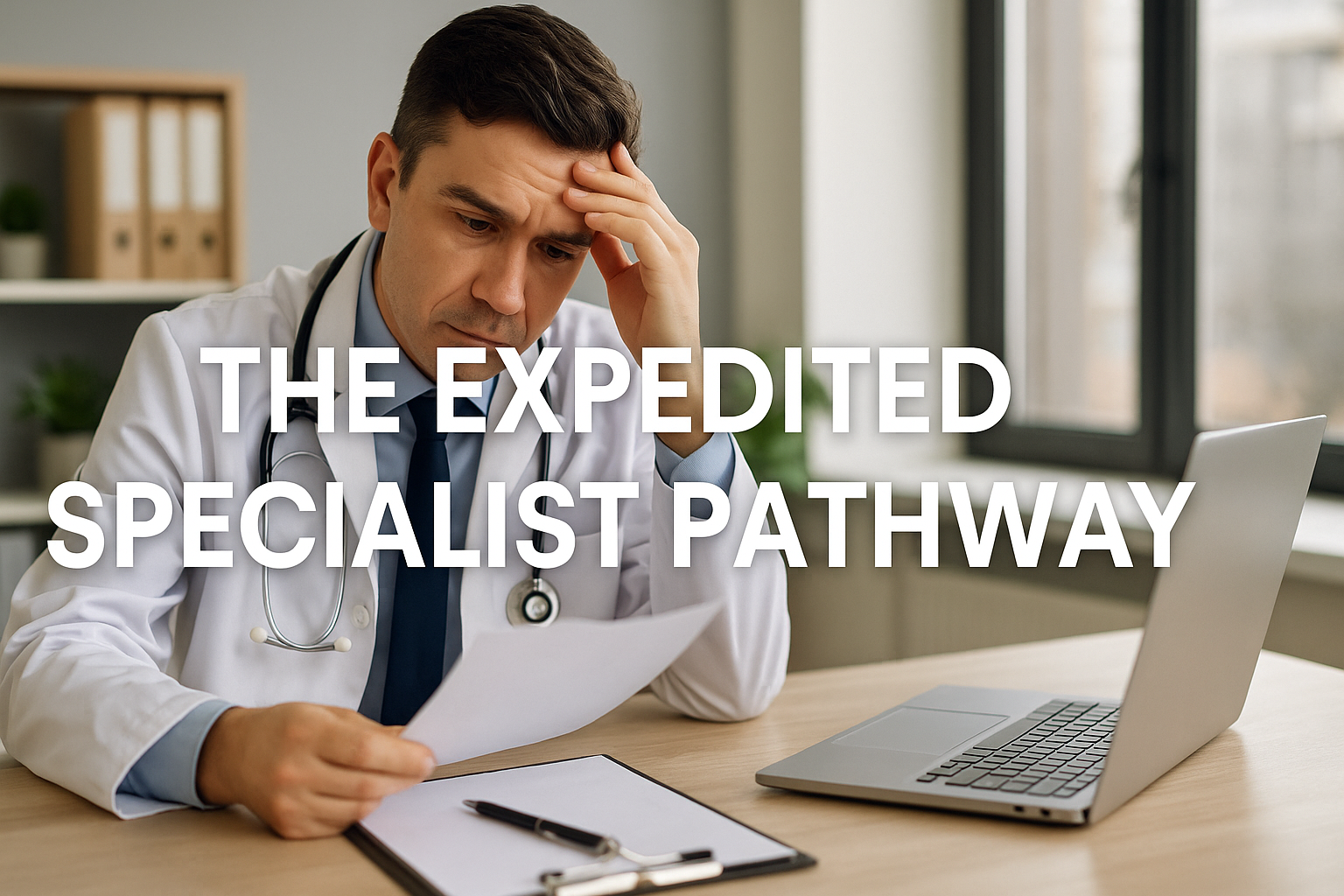Locum doctor adventures & tips

Locum Doctor Adventures & Tips
Practical Locum Doctor Tips for Working Away from Home
There are many benefits to being a locum doctor, but most of all it provides freedom to live the life and lifestyle that you want. Good locum doctor positions pay well and mean you can explore your world. We understand that finding a new job can be a frustrating process, so we’re sharing our key trips & tricks for making your locum successful with you here. Ready for your own locum doctor adventures? You can sign up here.
Once you have secured your dream job in a great location, paying an excellent rate, you probably won’t be home for a while. There is a lot to consider when working away, not just the clinical aspect of your new job but the practical aspects too. You need to consider the home you are leaving and build a life around your clinical work in your new location. This can be vital to ensuring you are happy outside of work and productive when there.
A good locum doctor agency will work with you to ensure you are well prepared, but following is a list of locum doctor tips you should consider before you leave.
1. Documentation
- Take original or certified documents, which you may need before commencing your new role.
- Ensure you have 100 points of ID with you.
- Check your reporting instructions closely to see. Is the credentialing process complete?
- Check in with your agency for a list of all required documentation.
2. Working with Children’s Check
- Rather than having a national system Australia completes these checks at state level. This means you will need a new check if you are moving interstate. This can be partially completed online but often an ID check is required for completion. For New South Wales this should be your first job as you can’t start work without it.
Although you should definitely check with your agent, you can find the different state and territory applications here: NSW, Queensland, Victoria, Tasmania, Western Australia, Northern Territory, South Australia, ACT.
3. Flights
- Your agency should organise the best flights possible so you arrive rested and comfortable. Hospitals will generally pay for one return flight per locum placement, but if it’s a long term locum, your agency may be able to negotiate another paid flight to be included as part of your package.
- Don’t forget to activate a frequent flyer account to ensure you pick up any travel points for us later.
4. Local Travel
- If you have a hire car or fleet vehicle, make sure you have the contact details of who to contact when you arrive.
5. Accommodation
- Ask about accommodation. You need to make sure that it is suitable for your personal situation. Locum doctor adventures are no fun without a place where you feel comfortable. For example, if the locum is over a week you may require cooking facilities. Or you may require a bit more space if you have family or visitors. Many hospitals provide shared accommodation, which may not suit you. Speak to your recruitment agent and make sure.
6. Post
- This is one of the most overlooked locum doctor tips & a practical consideration for anyone working away from home: Make sure your post is being collected. The unexpected toll bills can add up quickly and your Medicare provider number may also be sent to this address.
Medipeople has a concierge service to help you with all aspects of your journey. Leaving home can be an overwhelming task, so don’t be afraid to ask us for help! Also check out our article on 10 winning habits of successful doctors – you might pick up a new idea helping you to stand out at your locum hospital!
Every locum placement is different and has a range of different considerations for both the new job and living around work. Talk to your locum agent, as they will advise you how to get the most out of your new position. Live the life you want. Thanks for checking out our our locum doctor tips!
Ready to start your own locum doctor adventures? Register now for the best locum doctor positions in Australia and New Zealand!









